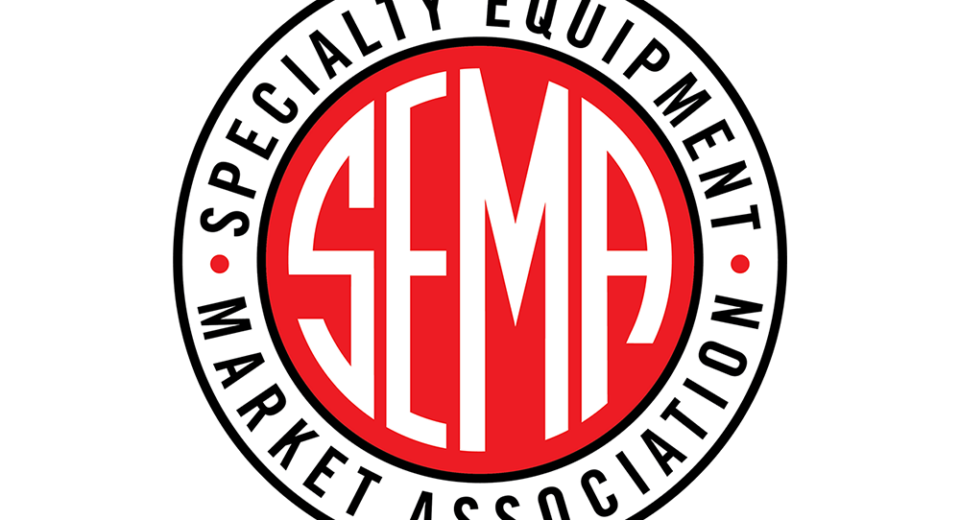
Looking for Resources, Tech Articles, Tech Specs?
July 24, 2025
Tariff Breaking News: U.S. Delays Increased Country-Specific Tariffs Until August 1
July 24, 2025When a sitting president invites you to the White House, it marks a moment of real significance—especially for industries rarely given a seat at the table. The nation’s largest automakers may be no strangers to the halls of Washington, D.C., but the same can’t be said for the specialty automotive aftermarket’s small business owners and manufacturers, tuners, restorers and innovators, and that’s part of what makes SEMA’s recent invitation to the White House so significant.
On a landmark day on June 12 in Washington, D.C., SEMA CEO Mike Spagnola, SEMA Senior Vice President of Public and Government Affairs Karen Bailey-Chapman and SEMA’s Senior Director of Federal Government Affairs Eric Snyder stood among a select group of roughly 100 individuals invited to witness President Donald J. Trump sign a Congressional Review Act (CRA) that effectively overturned California’s ban on the sale of new internal combustion engine (ICE) vehicles. It was a historic moment for the automotive world and a pivotal victory for the countless small businesses that make up the heart of SEMA’s membership.
While the repeal itself marks a significant policy shift, the weight of SEMA’s presence at the East Room signing ceremony cannot be overstated.
“There are rare moments when the president of the United States hosts guests for a public signing ceremony. It is often reserved for major pieces of legislation and a president’s priority initiatives,” said Bailey-Chapman. “The passage and signing of the CRA that repealed California’s EV mandates was a historical moment, and SEMA was invited to be there.”
The stakes behind this legislation were enormous. More than one-third of the specialty aftermarket is ICE-dependent, representing more than a $100 billion impact on the U.S. economy and approximately 300,000 jobs. “SEMA brought a unique and credible voice to the table. We were the only group representing small, U.S.-based automotive manufacturers,” and it was our job to make sure lawmakers, voters and communities understood what was truly on the line, Bailey-Chapman added.
Read the rest of the Article here



